If arrays are object as stated in Is an array an object in java then why the output of the code snipped below is [1,1,1]?
I thought after the execution of statement "a=b;" a and b are still pointing to the same content! Isn't it supposed to be shadow copy between objects?
import java.util.Arrays;
public class Local {
int [] a = null;
public Local(){
int [] b = {1,1,1};
int [] c = {5,5};
a=b;
b=c;// 'a' should change too as a and b are both objects! right?
}
public static void main(String[] args) {
Local local = new Local();
System.out.println(Arrays.toString(local.a));
}
}



